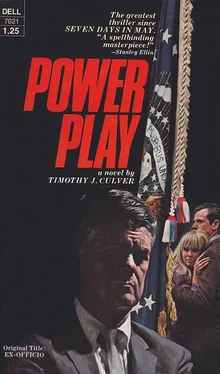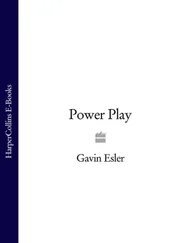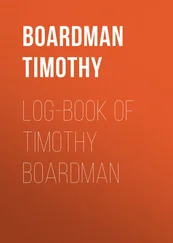“Getting more like Wellington all the time?”
“In that one compartment of your life, yes. But in the rest of your life you can be more free than ever.”
A vision of Ann Gillespie, Carrie’s faded companion in Paris, rose in her mind, mocking her. More free? Wasn’t Bradford’s imprisonment also Evelyn’s imprisonment? Wasn’t Bradford’s burial also Evelyn’s burial? “More free,” she said, turning away.
“Of course more free,” he said. “Don’t you see that it’s over now?”
“Over!” She whirled back to him, face contorted. “It’s a death-watch! It won’t be over until he’s dead!”
“Well, it wouldn’t be anyway, would it? If he were an ordinary man, in an ordinary hospital, wouldn’t you see him as often as you could? Wouldn’t you live close to where he was staying? Would you call that a death-watch?”
“No,” she said. “But it would be. I wouldn’t call it that, but that’s what it would be. And Bradford wouldn’t be in the ground, buried already, he wouldn’t be — be—” She looked around in agitation, trying to find the way to express herself. “It wouldn’t be like this !”
“I know. This isn’t really any different, but it feels different, I know it does, it does to me, too.”
“But it is different! Think of Bradford down there, think of the walls around him, and he’s happy because on the other side of those walls is China. Think about those walls, all around him.”
He frowned. “And?”
“Look around,” she said, and waved an arm at everything around them, the house, the woods and orchards, the hills, the dead garden, the cloud-filled sky. “No walls around us,” she cried. “Are there? Are there?”
Coming quickly forward, Robert took her arms and held them, as though he were afraid she was about to fragment and was determined to hold her together in one piece through the explosion. “Listen to me,” he said urgently. “Bradford’s been the center of your life for as long as I’ve known you, and probably for a lot longer than that. But he isn’t the center anymore; he’s one small responsibility off in a corner of your life.”
Twisting back and forth, not really to get away from him but to express her agitation, she cried, “How can you say that? When I’ve got to—”
“Your life can have a new center now,” he said. “If you’re willing.”
She stopped thrashing, and looked at him.
He said, “Don’t you know I’ve just been waiting for this mess to be resolved so I could ask you to marry me?”
She did know, or at least she’d expected, she’d hoped. It was something she would have fought for. But now, the way things were now? “How could we—? You want to be buried, too?”
“It isn’t burial,” he said. “Listen to me, think straight about this. I can commute to Lancashire, at least till June, it isn’t that far. And by summer I can decide if I want to do something else. Howard’s talked to me about a book based on that Fuehrer article, that’s one possibility.”
She studied his face, and there was neither deceit nor self-sacrifice to be seen in it, only strength and gentleness. She said, “Are you sure?”
“Of course I’m sure. We can still have a life, we just have to make Eustace home base, that’s all. And that won’t be so bad, will it?”
She hesitated, still searching his face, but when he smiled she suddenly smiled back. “No,” she said. “It won’t be so bad.”












